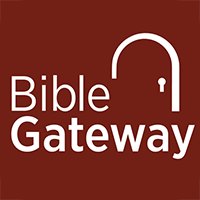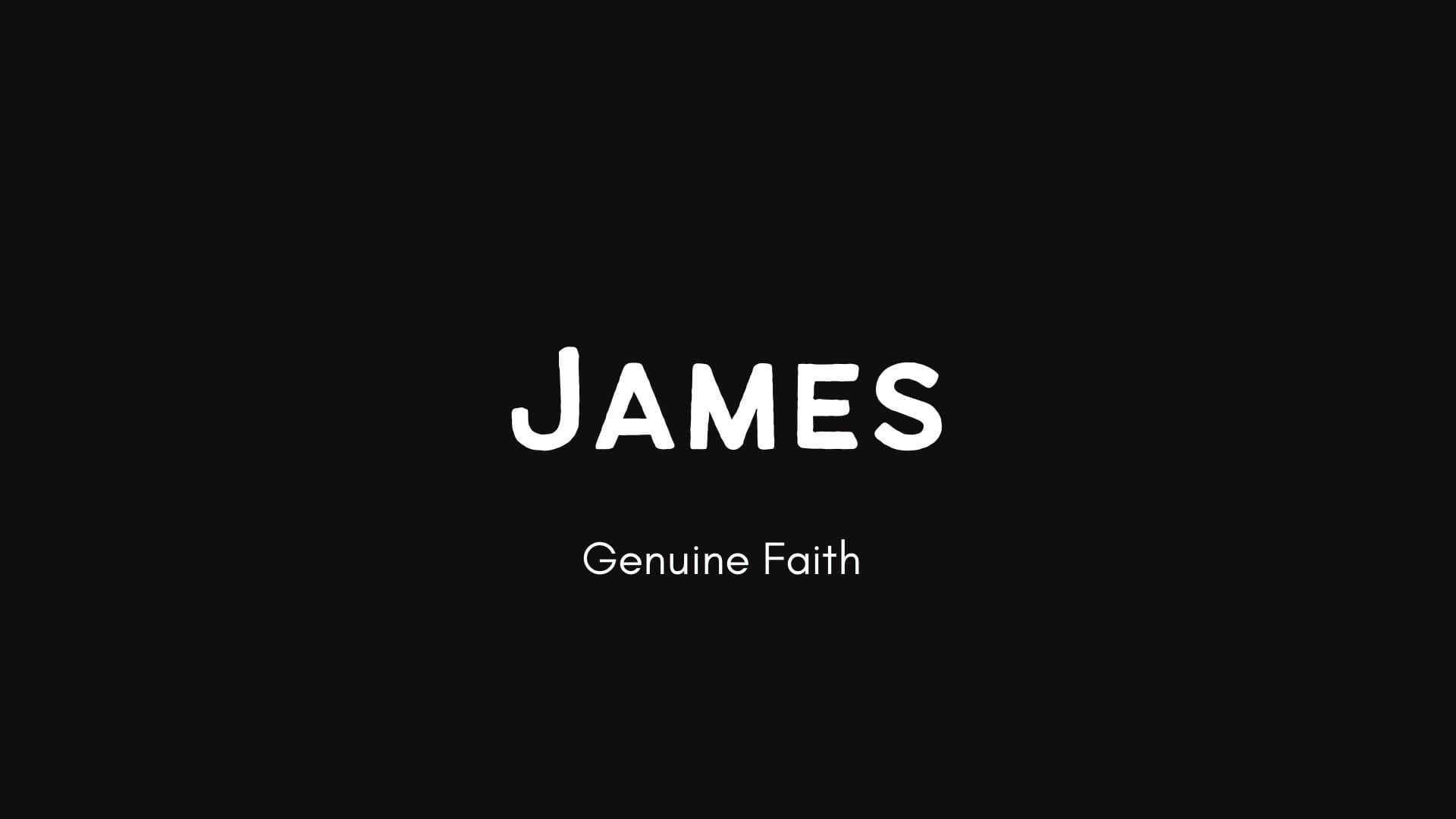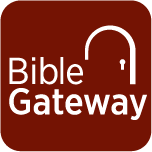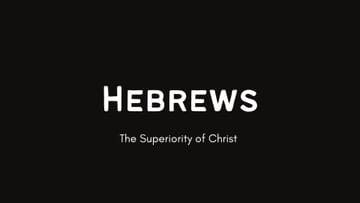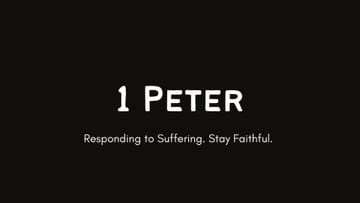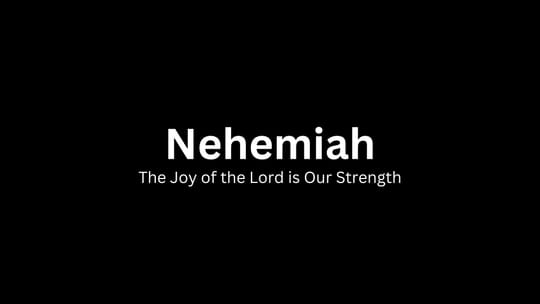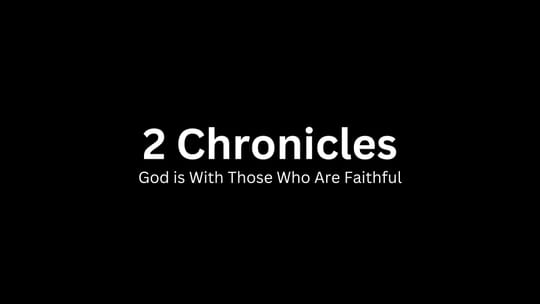Like a good detective, let's examine this book.
🔥 Overview
Imagine you and a friend are walking down the street and see someone on the side of the road. They are homeless. They are in rags. They are about to starve to death. Everything about this person screams desperation. Your friend decides to do something about it. They get out their credit card and say, "I have all the money you need. Take this card and leave the street. Go buy yourself a house, get yourself as much as you want to eat, and clean yourself up. It's all on me. You don't have to stay here anymore." The homeless person immediately breaks into joyful excitement and thankfulness. They have been saved. A couple of weeks later, you see are walking down the same street with your friend and you see the same homeless person in the same situation. Your friend is distraught. He asks the homeless person what happened. The homeless person says, "Yes. I am so thankful you did that for me." Your friend is speechless. Eventually, he asks, "Then why are you not taking advantage of the opportunity?" The answer still echoes in your ears to this day, "I don't want to. This is who I am. This is what I do. I am content in knowing you gave it to me."
What?! That is exactly what James is talking about in this letter when he says, "Faith without works is dead." He is saying that having faith in God does not help you. Even the demons believe God exists. It is what you do with your faith that makes all the difference. Just like the homeless person we have all been given the immeasurable gift of grace. However, we have to apply it to our lives for our lives to be changed. Therefore, James is not a letter of legalism. It is a letter of freedom.
🙏 Jesus in this Book
(Every book reveals the glory of God, revealed in Christ Jesus)
- The Great Physician
- The Lord of Glory
🔍 Things to Notice
- Since James is the half-brother of Jesus, I cannot help but wonder how much of this comes from his life with Jesus.
- James is very straightforward because he understands the power of sin and shallow faith
- "Draw close to God and God will draw close to you."
- The end of James talks about how a local church should minister to each other.
- Chapter 5- Confess your faults to each other that you may be healed. Only Jesus can forgive sins. We walk in honest relationships with each other so we can be accountable to one another and we each help the other find freedom.
👀 Themes
- Real faith produces visible actions.
- Drawing close to God.
- Authentic Christian community
- No partiality
😀 Who?
Who wrote it: James the Just.
James was the half-brother of Jesus. He did not follow Jesus before the resurrection. Jesus appeared to him afterward and then he began to follow. James likely became the leader of the early church in Jerusalem and not Peter. James was known to be very pious and was given the name "James the Just."
Martyred: James was martyred by being thrown off the Temple Mount and then clubbed to death.
Who is the original audience: The church
🪧 Where?
Where are we: It is thought that James never really left Jerusalem, so his letter was probably written from there.
⏳ When?
When was it written: Between 45-48 A.D.
🤔 What?
What is the big idea: The big idea behind James' letter is to challenge the early church to not only believe in the grace of God but to also apply it to their lives so they can walk in wholeness and freedom. James was Jewish. The orthodox Jewish was full of various forms of legalism. James was working hard to ensure that the early church did not inherit this same issue. Faith is not earned. It is received and then worked into our lives and that "working" produces freedom and joy.
🧐 Why?
Why is this book important: James provides much-needed balance to the Gospel of grace we find in the inspired writings of Paul. The Holy Spirit knew exactly what He was doing by adding the letter of James to the canon of Scripture. Paul's writings are magnificent in telling the world about the grace that only Christ can provide. James balances out the equation by saying the walk of freedom is a slow, deliberate walk that we take every day. It is worked out in every aspect of our lives and takes a lifetime to get right. However, the goal is not to beat ourselves into submission. The goal is to walk out our salvation and allow it to set us free from the inside out.
📝 How?
How can I apply it?: Allow God's Word to challenge you to walk out what you have believed. Just like the opening story of the homeless person who is given all the tools he needs to be free, it means nothing if they are not applied. Is there an area of your life that you need to walk in more freedom? What next step will you take today?
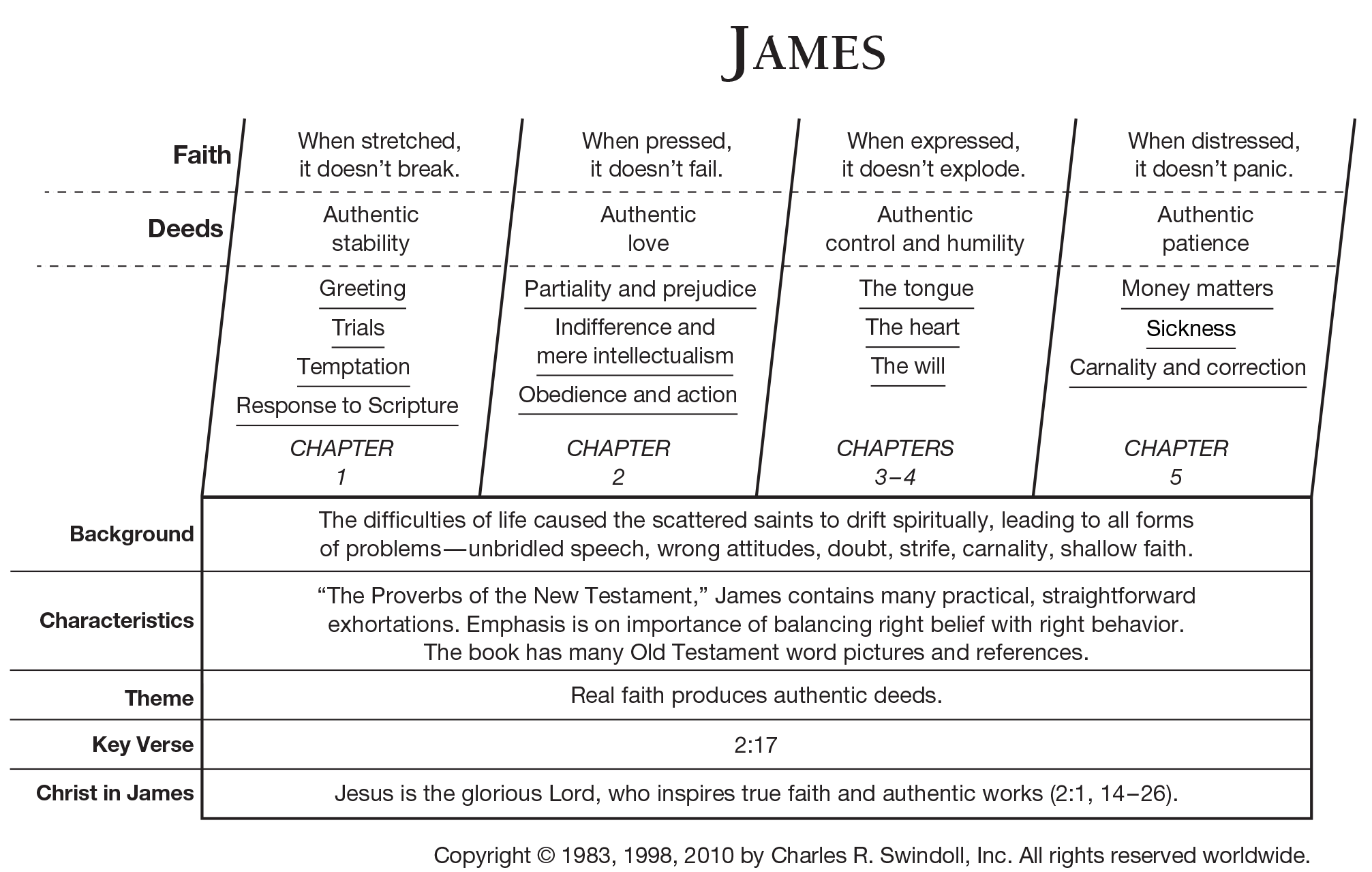
Quick Thoughts on Each Chapter
Chapter 1
James is the 1/2 brother of Jesus. He was called “James the Just.” He was the first leader of the church in Jerusalem. The main thing we can say about James is… he doesn’t mess around. Lol. James tells it straight. James says our relationship with God should result in our living for God as well. James speaks to those who say they have salvation so they do not need to live holy. He says it is the other way around. It is because we are saved that we now have the freedom to live without the controlling nature of sin. Hang on! The book of James is a wild ride!
Chapter 2
v1-13: The sin of favoritism due to status, money, etc… is not to be tolerate within ourselves or others. It is human nature to elevate others because of something they have or something we admire, but we are aspiring to live holy. Therefore, we show respect to those who have earned it and dishonor to no one. In all things we see everyone as a child of God and worthy of a level of respect.
Chapter 3
James reminds us that wisdom is a gift from the Lord. When we read the book of Proverbs, we can see the amazing gift of living in wisdom. James says we can ask God for it. Have you ever asked God specifically for wisdom? It is the one request you should ask for because God is eager to give it to you. Wisdom is knowing how to use knowledge. Therefore, gain knowledge then pray for God to help you know how to apply it.
Chapter 4
I love the connection made between getting close to God and repentance. For too long, many have looked at repentance as a terrible thing. To be true, it is not fun to admit you have gone the wrong way. However, every time we remove sin from our lives, we get that much closer to the Lord and walk in freedom. Freedom is the goal and repentance is the way.
Chapter 5
Verses 13-18: Prayer is the most powerful thing we can do. When we pray, things happen. When we pray for each other, even more things happen. When is the last time you prayed with someone?
Resources
Link: Insight for Living (The graphic above comes from here)
Link: Bible Hub
Link: Got Questions
Link: Life, Hope, And Truth
Link: Jesus in Every Book of the Bible
Link: The Bible Project (Quick videos about the Bible)
Read the Bible Online


